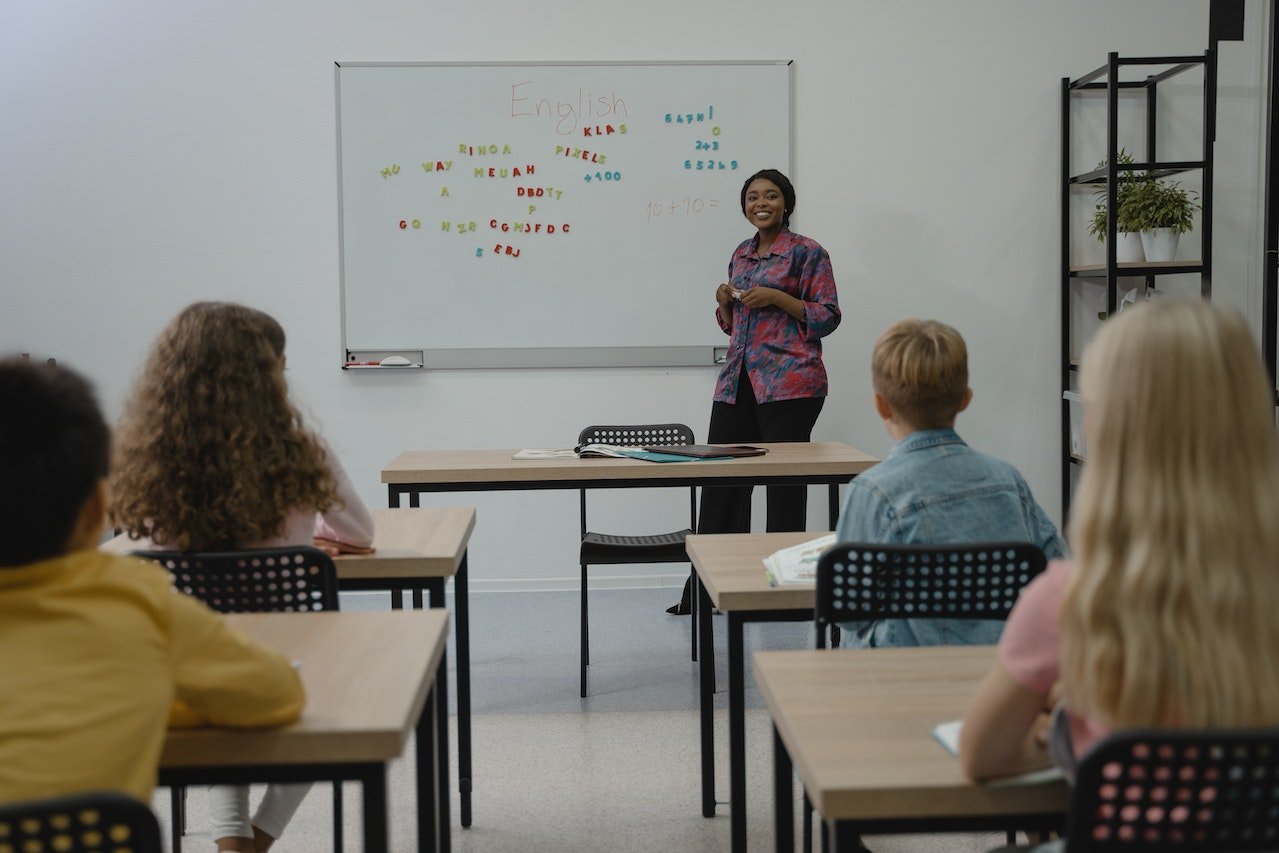Top 8 Great Discussion Models for A High School English Teacher

As a high school English teacher, facilitating class discussions can be a daunting task. Not only do you need to ensure that every student has the opportunity to participate, but you also want to create an environment that fosters critical thinking, collaboration, and respect. To help you achieve these goals, here are eight discussion models that you can incorporate into your high school English classroom.
Read More: Schools, Not Teachers, Must Reduce Stress and Burnout
Fishbowl Discussion
A Fishbowl Discussion is a model that encourages a small group of students to have a conversation while the rest of the class listens. This model can be used for a variety of purposes, such as examining a controversial issue or exploring a literary theme. To implement a Fishbowl Discussion, select a group of four to six students to sit in the centre of the classroom. The remaining students should sit in a circle around them, listening attentively. The students in the centre should begin the conversation, and the other students can join in as they wish. A High School English Teacher can organize this type of discussion.
Socratic Seminar
The Socratic Seminar is a discussion model that is designed to promote critical thinking and active listening. In this model, students are responsible for leading the discussion themselves, with the teacher serving as a facilitator. To prepare for a Socratic Seminar, students should read and annotate a text in advance. During the seminar, students should ask open-ended questions and provide evidence to support their arguments. A High School English Teacher should intervene only to redirect the conversation if necessary.

Literature Circles
Literature Circles are a discussion model that allows students to work in small groups to analyze a text. Each group is responsible for reading a portion of the text and then leading a discussion on that section. This model allows students to take ownership of their learning and engage in meaningful discussions with their peers. Literature Circles can also be used for non-fiction texts, with each group focusing on a different topic or theme.
Philosophical Chairs
Philosophical Chairs is a discussion model that encourages students to examine multiple perspectives on an issue. In this model, students sit in two rows facing each other. A High School English Teacher presents a statement or question, and students take turns sharing their opinions and providing evidence to support their arguments. If a student changes their opinion during the discussion, they move to the other row. This model encourages students to consider multiple viewpoints and engage in respectful debate.
Round Robin Discussion
The Round Robin Discussion is a model that ensures every student has the opportunity to speak. In this model, the teacher poses a question or statement, and students take turns sharing their thoughts. The teacher can facilitate the discussion by asking follow-up questions or encouraging students to build on each other’s ideas.
Debate
The Debate model is a structured discussion in which two teams argue for or against a specific proposition. This model allows students to develop their argumentative skills and learn to consider multiple perspectives. The teacher can assign teams or allow students to choose their own. It is important to establish ground rules to ensure that the debate remains respectful. A High School English Teacher can be helpful in this regard.
Jigsaw Discussion
The Jigsaw Discussion is a model that encourages students to work collaboratively to develop a deep understanding of a topic. In this model, students are divided into small groups, with each group responsible for researching and analyzing a specific aspect of the topic. After completing their research, students then regroup to share their findings with the larger group. This model promotes collaboration and critical thinking.

Conclusion
Incorporating different discussion models in the high school English classroom can have a positive impact on student learning and engagement. Whether you choose to use a Fishbowl Discussion, Socratic Seminar, Literature Circles, Philosophical Chairs, Round Robin Discussion, Debate, Jigsaw Discussion, or a combination of these models, it is important to establish clear expectations and guidelines for respectful discourse. A High School English Teacher is the best option to conduct all this in the classroom.
FAQs
1. What is a Fishbowl Discussion?
A Fishbowl Discussion is a model in which a small group of students has a conversation while the rest of the class listens.
2. How can I prepare my students for a Socratic Seminar?
To prepare for a Socratic Seminar, students should read and annotate a text in advance and come prepared with open-ended questions and evidence to support their arguments.
3. Can Literature Circles be used for non-fiction texts?
Yes, Literature Circles can be used for non-fiction texts, with each group focusing on a different topic or theme.
4. How can I ensure that students remain respectful during a Debate?
It is important to establish ground rules and expectations for respectful discourse before beginning a Debate.
5. Is there a limit to the number of students in a Jigsaw Discussion?
There is no set limit to the number of students in a Jigsaw Discussion, but it is recommended to keep the groups small enough to ensure active participation from all students.







